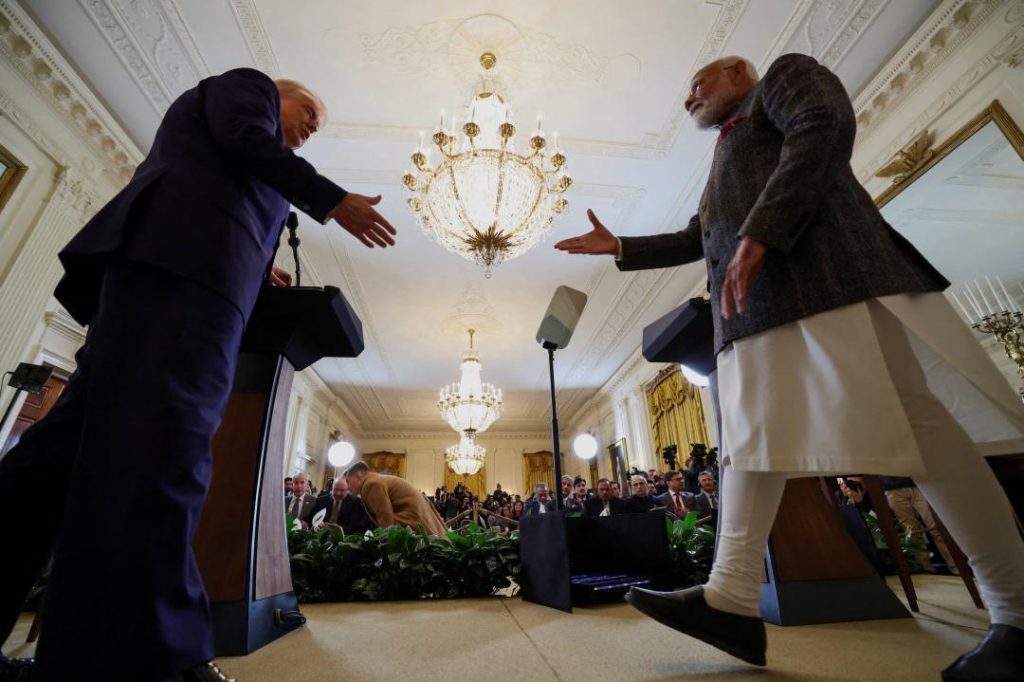
US Imposes 50% Tariffs on India, Zero on EU that’s Still Importing Russian Oil via Pipelines
The recent announcement by US President Donald Trump to impose 50% tariffs on India for importing Russian crude oil has raised eyebrows worldwide. The decision is all the more perplexing given that European Union countries, which have also been importing Russian crude oil, have been exempted from these tariffs. This seeming inconsistency has led many to question the sincerity and fairness of the US sanctions.
According to a recent report by NDTV, the US has imposed a 50% tariff on India for importing Russian crude oil, citing national security concerns. This move has been met with strong resistance from India, which has been a vocal critic of the US’s inconsistent application of sanctions. India has been a significant importer of Russian crude oil, and the tariff is expected to increase the cost of imports for Indian refineries.
In contrast, the European Union has been importing Russian crude oil via pipelines, and the US has imposed zero tariffs on these imports. This glaring inconsistency has left many wondering why the US is treating its allies differently. Hungary, for instance, has been importing Russian crude oil via pipelines, and the US has not imposed any tariffs on these imports.
The US’s decision to impose tariffs on India while exempting European countries has been widely criticized. Many have argued that this move is a clear example of US hypocrisy and double standards. The US has been vocal about its opposition to Russian aggression in Ukraine and has imposed strict sanctions on Russia. However, its actions do not seem to be consistent with its rhetoric.
India has been a significant importer of Russian crude oil, and the tariff is expected to increase the cost of imports for Indian refineries. The Indian government has repeatedly argued that the US is imposing sanctions inconsistently and has asked the US to reconsider its decision. The Indian government has also expressed concerns that the tariff will harm Indian businesses and consumers.
The US’s decision to impose tariffs on India while exempting European countries has also raised questions about the impact on global oil prices. The global oil market is already fragile, and any increase in tariffs is likely to have a ripple effect on oil prices. The exemption of European countries from tariffs is likely to lead to an increase in oil imports from Russia, which could lead to a further increase in global oil prices.
The Indian government has also argued that the US is not considering the impact of its sanctions on global oil prices. The Indian government has pointed out that the US’s decision to impose sanctions on Russia has led to an increase in global oil prices, which has had a negative impact on the Indian economy. The government has argued that the US should reconsider its decision and work with India to find a solution that benefits both countries.
In conclusion, the US’s decision to impose 50% tariffs on India for importing Russian crude oil while exempting European countries has raised serious questions about the consistency and fairness of US sanctions. The decision has been widely criticized, and many have argued that it is a clear example of US hypocrisy and double standards. The Indian government has repeatedly argued that the US is imposing sanctions inconsistently and has asked the US to reconsider its decision. The situation highlights the need for a more nuanced and consistent approach to sanctions, one that takes into account the impact on global oil prices and the economies of all countries involved.



